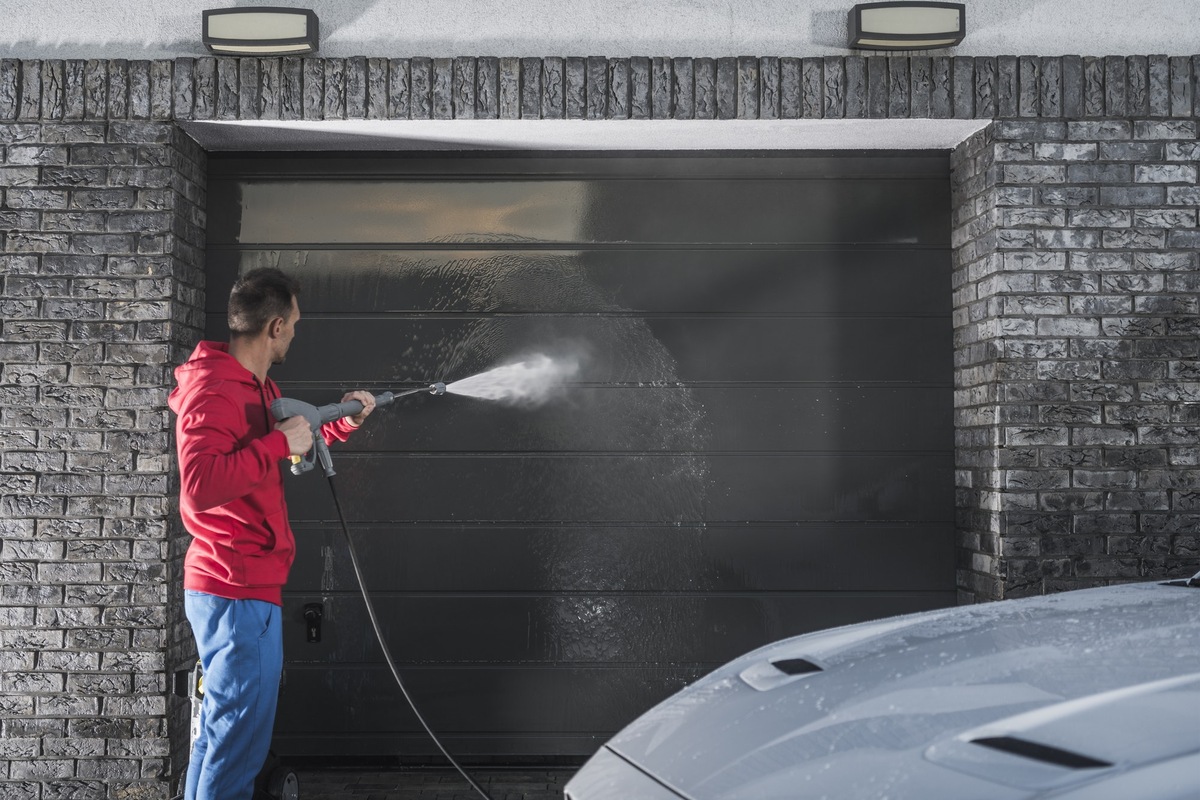

Articles
How To Clean A Garage Door
Modified: December 7, 2023
Learn how to clean your garage door with these helpful articles. Discover tips and tricks to keep your garage door looking its best.
(Many of the links in this article redirect to a specific reviewed product. Your purchase of these products through affiliate links helps to generate commission for Storables.com, at no extra cost. Learn more)
Introduction
Keeping your garage door clean is not only important for aesthetic reasons but also for its overall functionality and longevity. Over time, dirt, dust, pollen, and other debris can accumulate on the surface of your garage door, making it look dull and affecting its performance. Regular cleaning and maintenance not only enhance the curb appeal of your home but also ensure that your garage door operates smoothly.
In this article, we will guide you through the step-by-step process of cleaning your garage door, from gathering the necessary materials to maintaining its pristine condition. Whether your garage door is made of steel, wood, or another material, these cleaning techniques will help you restore its appearance and prolong its lifespan.
Key Takeaways:
- Regularly cleaning and maintaining your garage door not only enhances its appearance but also ensures smooth operation and longevity. Follow the step-by-step guide to keep your garage door in optimal condition.
- Taking safety precautions, using the right cleaning materials, and establishing a maintenance routine are essential for preserving the beauty and functionality of your garage door. Dedicate time to care for your garage door and reap the benefits of a clean and well-maintained entrance.
Read more: How To Maintain Garage Door
Materials Needed
Before you begin cleaning your garage door, gather the following materials:
- Mild dish soap or garage door cleaner
- Bucket
- Sponge or soft-bristled brush
- Garden hose or pressure washer
- Microfiber cloth or soft, lint-free towel
- Lubricant (if necessary for your specific garage door type)
Ensure that you have all these materials readily available to make the cleaning process efficient.
Note: Be cautious when using a pressure washer, as it may damage certain garage door materials. Consult the manufacturer’s guidelines or seek professional advice to determine the appropriate cleaning method for your specific garage door.
Safety Precautions
Before you start cleaning your garage door, it’s important to take some safety precautions to protect yourself and prevent any potential accidents:
- Wear protective gloves to shield your hands from any cleaning chemicals and sharp edges.
- Ensure that the area around the garage door is clear of any obstacles or tripping hazards.
- If using a ladder, make sure it is stable and secure before climbing on it.
- If you are using a pressure washer, be cautious of the water pressure and avoid spraying it directly towards yourself or others.
- Wear protective eyewear to safeguard your eyes from splashes or debris.
By following these safety precautions, you can minimize the risk of accidents and injuries while cleaning your garage door.
Step 1: Clearing the Area
Before you begin cleaning your garage door, it’s essential to clear the area around it. Remove any objects, such as bicycles, tools, or loose items, that may interfere with the cleaning process or get damaged during cleaning.
Ensure that the path leading to your garage door is clear of any obstructions to provide easy access to the door. This step will not only make it safer to work but also prevent any accidental damage to your belongings.
If you have potted plants or shrubs near your garage door, consider covering them or moving them temporarily to protect them from the cleaning solution or water splashes.
It’s also a good idea to close any windows or doors adjacent to the garage to prevent water from entering your garage or house during the cleaning process.
By clearing the area around your garage door, you create a safe and obstacle-free environment for effective cleaning.
Step 2: Inspecting the Door
Once the area around your garage door is clear, take the time to inspect the door for any signs of damage or wear. Look for dents, scratches, cracks, loose bolts, or any other issues that may require repair or replacement.
If you notice any significant damage or malfunctioning parts, it’s best to consult a professional garage door technician for assistance. They will be able to assess the extent of the damage and recommend the appropriate repairs.
During the inspection, also check the weather seals around the perimeter of the door. Over time, these seals can deteriorate and allow drafts, pests, or moisture to enter your garage. Replace any damaged or worn-out weather seals to maintain proper insulation and protection.
By conducting a thorough inspection, you can identify any areas that need attention and address them before moving on to the cleaning process.
Read more: How To Remove A Garage Door
Step 3: Removing Debris
Before you start cleaning the surface of your garage door, it’s important to remove any loose debris that may be stuck on it. Use a soft-bristled brush or broom to gently sweep away leaves, dirt, cobwebs, and other debris.
Pay close attention to the corners, crevices, and tracks of the garage door, where debris tend to accumulate. Use a vacuum cleaner or a small brush to remove any stubborn dirt or particles that may be lodged in these areas.
If you notice any sticky residue or dried stains on the door, you can use a mild cleaning solution or garage door cleaner to help loosen the debris. Apply the cleaner to a soft cloth or sponge and gently scrub the affected area. Rinse the cloth or sponge frequently to avoid spreading the dirt back onto the door.
By removing debris beforehand, you ensure a clean surface to work on, allowing for more effective cleaning in the next steps.
Regularly clean your garage door with a mild detergent and water to remove dirt and grime. Avoid using harsh chemicals or abrasive materials that could damage the surface.
Step 4: Cleaning the Door Surface
Now that the loose debris has been removed, it’s time to clean the surface of your garage door. Depending on the material of your door, you may require different cleaning methods:
- Steel or Aluminum Doors: Mix a mild solution of dish soap and warm water in a bucket. Dip a sponge or soft-bristled brush into the soapy water and gently scrub the entire surface of the door. Pay special attention to any stubborn stains or areas with built-up grime. Rinse the door thoroughly with clean water to remove any soap residue.
- Wooden Doors: Avoid using harsh chemicals or abrasive cleaners on wooden doors. Instead, use a wood-specific cleaner or a mixture of mild soap and water. Apply the cleaner to a soft cloth or sponge and gently scrub the door in a circular motion to remove dirt and stains. Rinse the door with clean water, ensuring that no soapy residue remains.
As you clean the door surface, be careful not to apply excessive pressure or scrub too vigorously, as this can damage the paint or finish of the door. Always start from the top and work your way down to ensure thorough cleaning.
If your garage door has windows, don’t forget to clean both the inside and outside surfaces. Use the same cleaning solution and a soft cloth to wipe away any dirt or smudges.
By using the appropriate cleaning method for your garage door material, you can effectively remove dirt and stains, restoring the door to its original shine.
Step 5: Washing the Door
After cleaning the surface of your garage door, it’s time to give it a thorough wash to remove any remaining dirt or residue. This step is particularly important for doors located in areas with heavy pollution or high levels of dirt accumulation.
Start by wetting the entire door surface using a garden hose or a pressure washer (if applicable and safe for your door material). The water pressure should be moderate, avoiding excessive force that could cause damage.
Next, apply a cleaning solution to the door surface. Use a mild detergent mixed with water or a garage door cleaner specifically designed for this purpose. Apply the solution generously to the door, paying extra attention to areas with visible stains or grime.
Use a soft-bristled brush or sponge to scrub the door, working from top to bottom in a smooth, circular motion. This will help loosen and remove any stubborn dirt or stains.
Rinse the door thoroughly with clean water, ensuring that all soap residue is washed away. Take your time to rinse off all the cleaning solution, as any remaining residue can leave streaks or marks on the door.
If you’re using a pressure washer, be cautious of the water pressure and keep a safe distance from the door surface to avoid any accidental damage.
By washing the door properly, you ensure that all dirt and residue are removed, leaving your garage door looking clean and refreshed.
Step 6: Drying the Door
Once you have washed the garage door and rinsed off all the cleaning solution, it’s important to thoroughly dry the door to prevent water spots and streaks.
Start by using a clean microfiber cloth or a soft, lint-free towel to gently dry the surface of the door. Begin at the top and work your way down, ensuring that all areas are dried evenly.
If there are any crevices, tracks, or grooves on the door, use a dry cloth or a small brush to remove any excess water or moisture that may be trapped in these areas.
If weather conditions permit, you can also leave the garage door open for a while to allow natural air circulation and aid in the drying process.
Once the door is completely dry, take a step back and inspect it for any remaining water spots or streaks. If necessary, you can use a clean, dry cloth to gently buff and polish the door surface to remove any imperfections.
By ensuring the garage door is thoroughly dry, you will achieve a clean and streak-free finish, enhancing its overall appearance.
Read more: How To Make A Garage Door
Step 7: Maintaining the Door
After cleaning your garage door, it’s important to establish a maintenance routine to keep it in optimal condition. Regular maintenance will not only prolong the lifespan of your door but also help to prevent the build-up of dirt and grime in the future.
Here are some maintenance tips to follow:
- Inspect the door regularly for any signs of damage, such as dents, cracks, or loose hardware. Address any issues promptly to prevent further damage.
- Regularly lubricate the moving parts of your garage door, such as hinges, springs, and rollers. This will help to keep them operating smoothly and prevent unnecessary wear and tear.
- Check and replace the weather seals as needed to maintain proper insulation and weather protection.
- Keep the door tracks clean and free from debris by regularly removing any build-up that may hinder smooth operation.
- Consider applying a protective coating or sealant to your garage door to help defend against the elements and enhance its longevity.
- Keep the surrounding area of the garage door clean and clear of dirt, leaves, and other debris to prevent it from getting onto the door.
- Regularly clean the windows of your garage door to maintain visibility and aesthetic appeal.
By incorporating these maintenance practices into your routine, you can ensure that your garage door remains in optimal condition, showcasing its beauty and functioning smoothly for years to come.
Conclusion
Cleaning and maintaining your garage door is not only about aesthetics but also about preserving its functionality and durability. By following the step-by-step process outlined in this article, you can ensure that your garage door remains clean and in optimal condition.
Remember to gather the necessary materials, take safety precautions, and clear the area around the door before starting the cleaning process. Inspect the door for any damage and remove loose debris before thoroughly cleaning the surface with the appropriate cleaning solution for your door material.
After washing the door, make sure to dry it thoroughly to prevent water spots and streaks. Establishing a regular maintenance routine, including lubricating moving parts, inspecting for damage, and keeping the surrounding area clean, will help to extend the lifespan of your garage door.
By dedicating some time to clean and maintain your garage door, you can enhance its curb appeal, maintain its functionality, and prolong its lifespan. So, roll up your sleeves, gather your materials, and give your garage door the care it deserves.
Frequently Asked Questions about How To Clean A Garage Door
Was this page helpful?
At Storables.com, we guarantee accurate and reliable information. Our content, validated by Expert Board Contributors, is crafted following stringent Editorial Policies. We're committed to providing you with well-researched, expert-backed insights for all your informational needs.
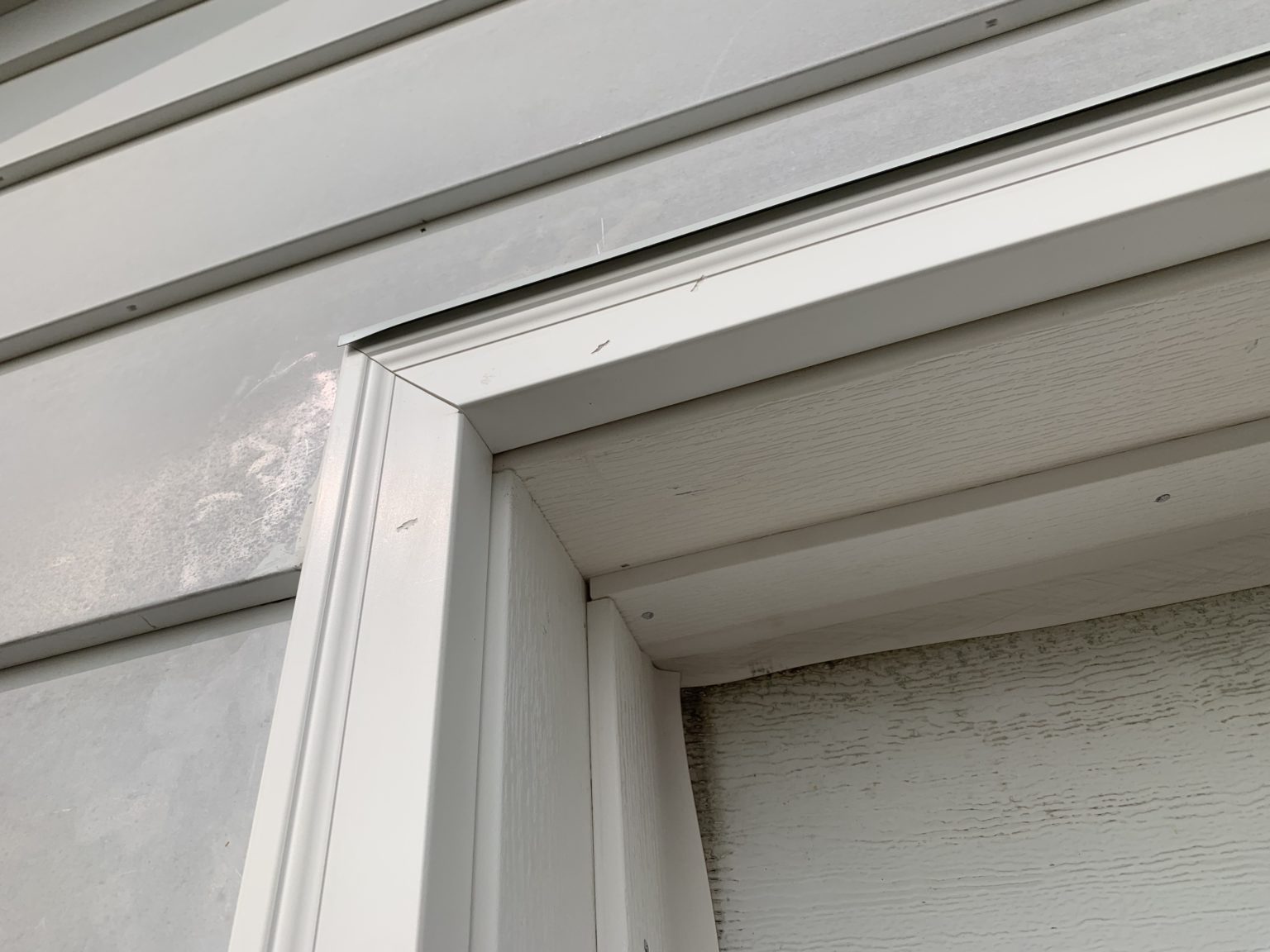

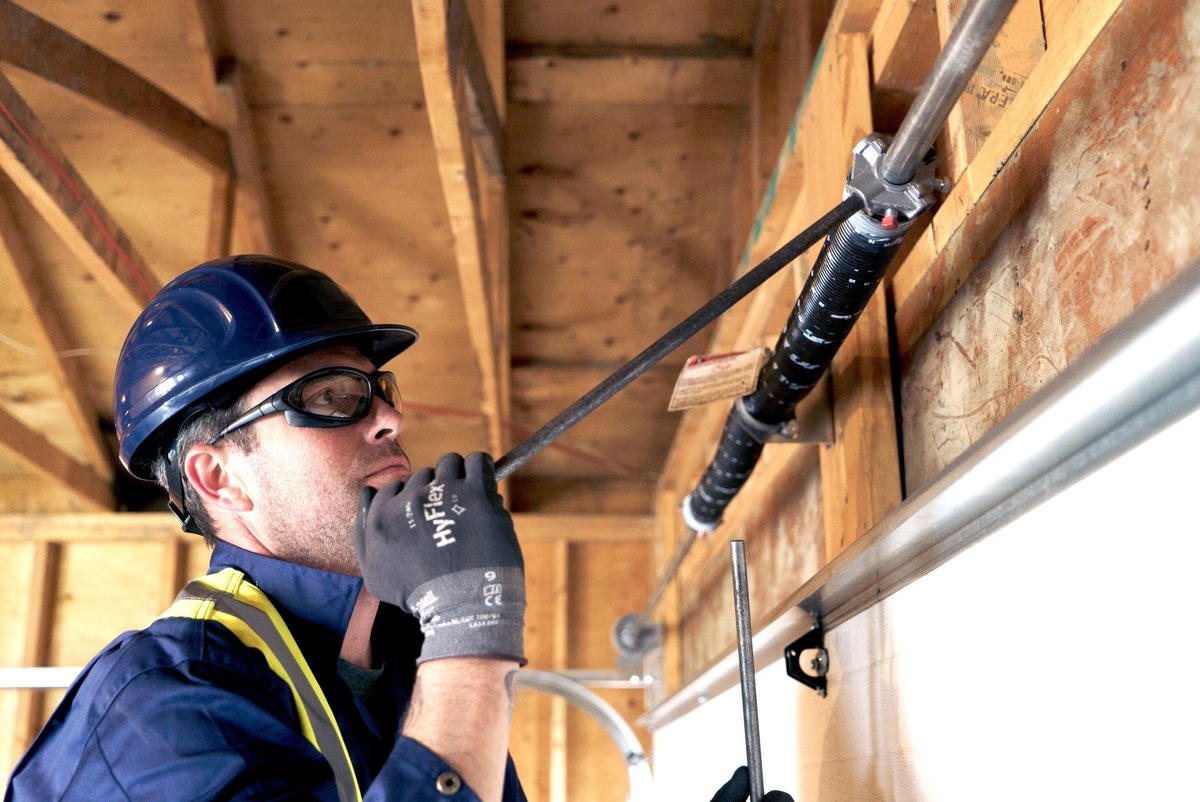
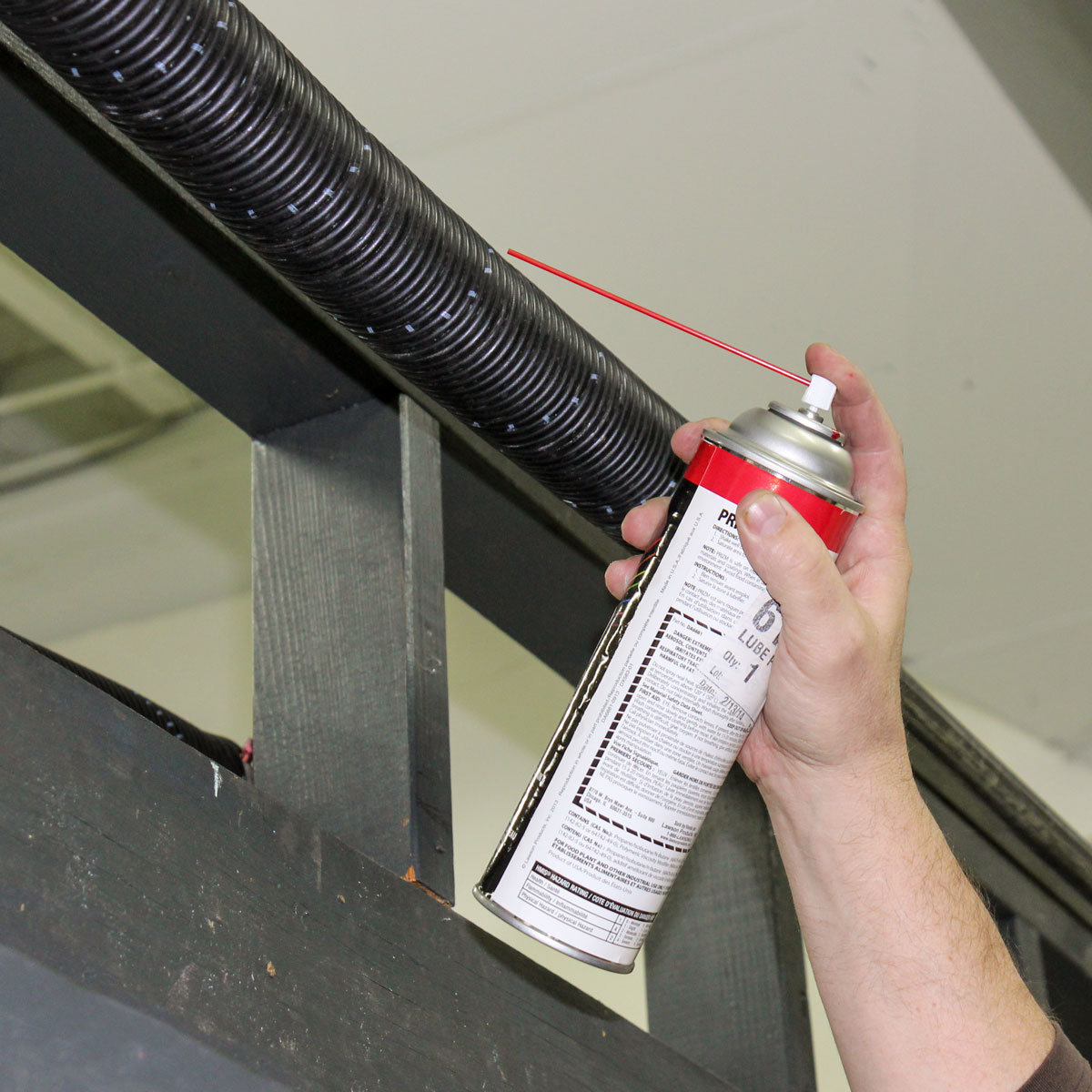
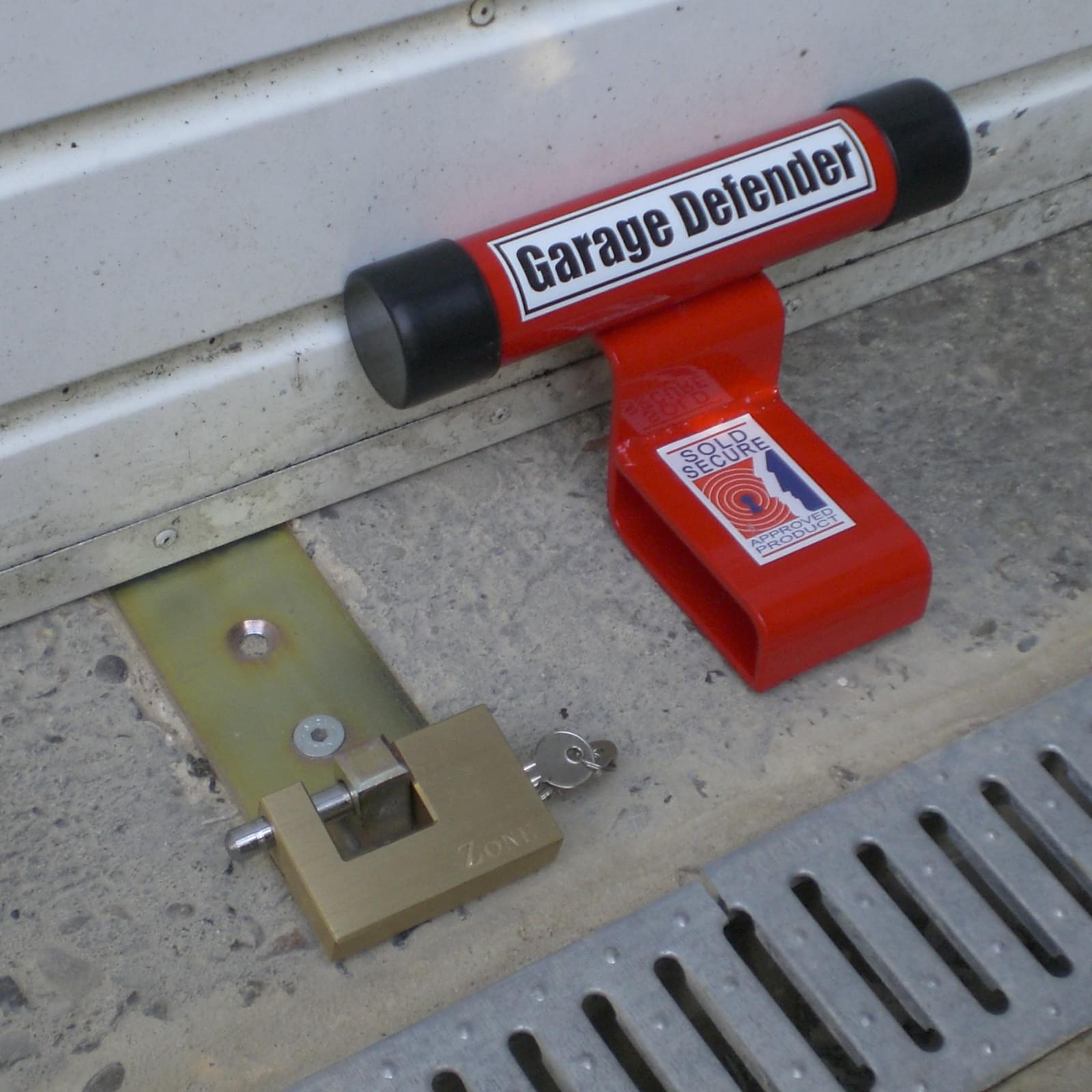
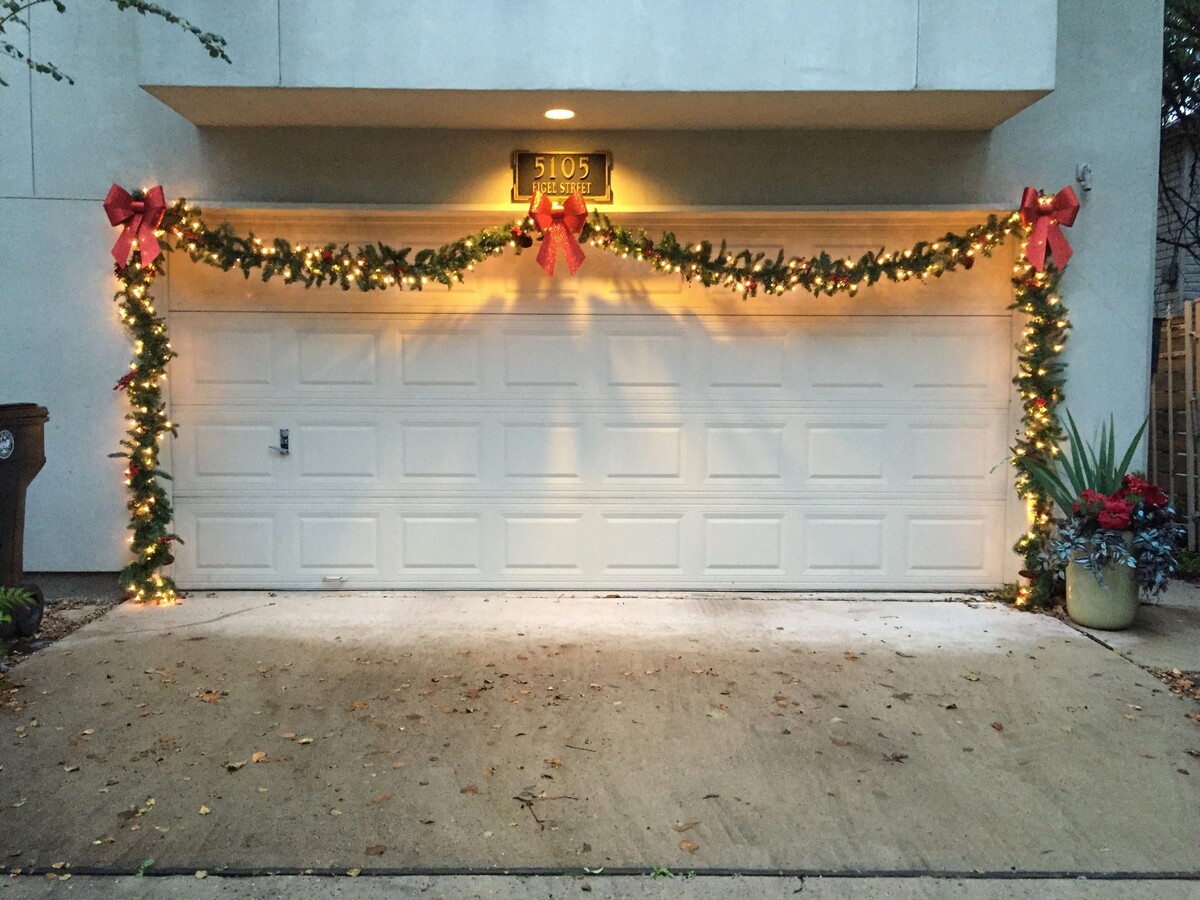
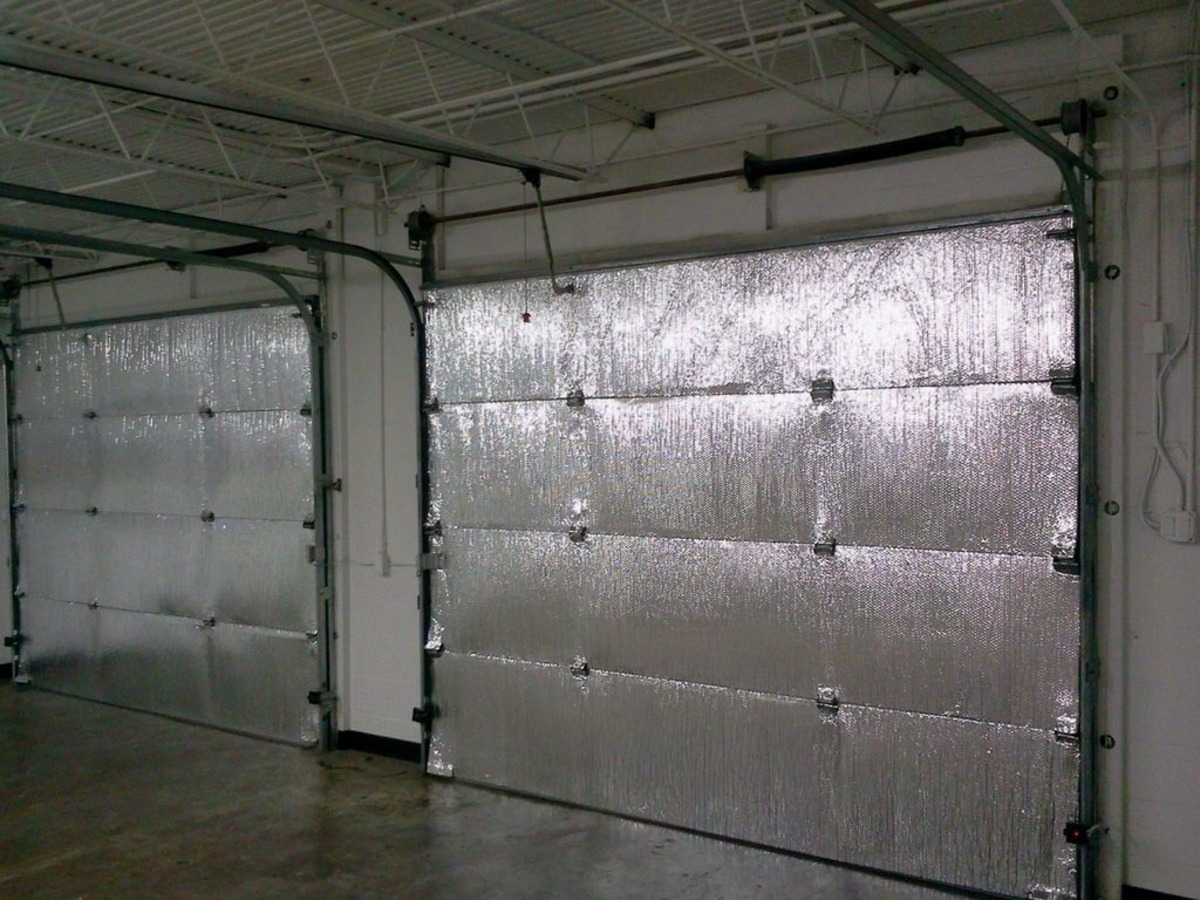
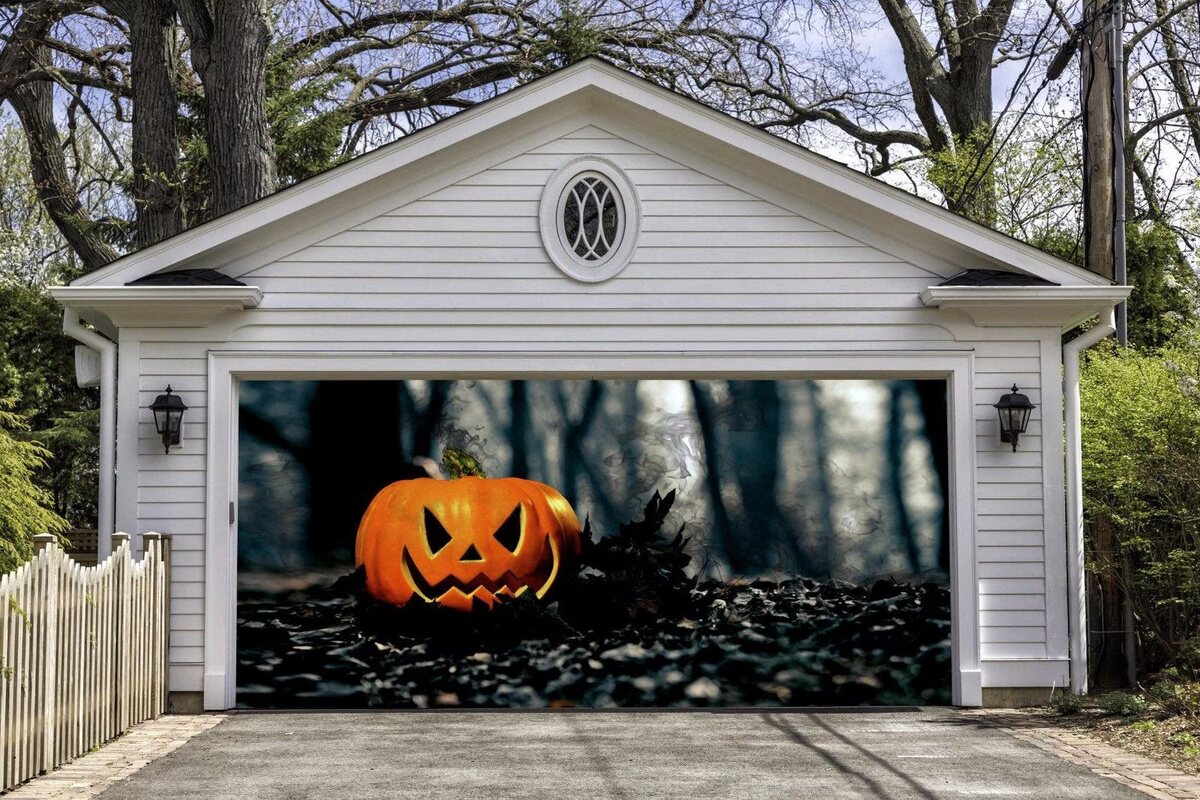
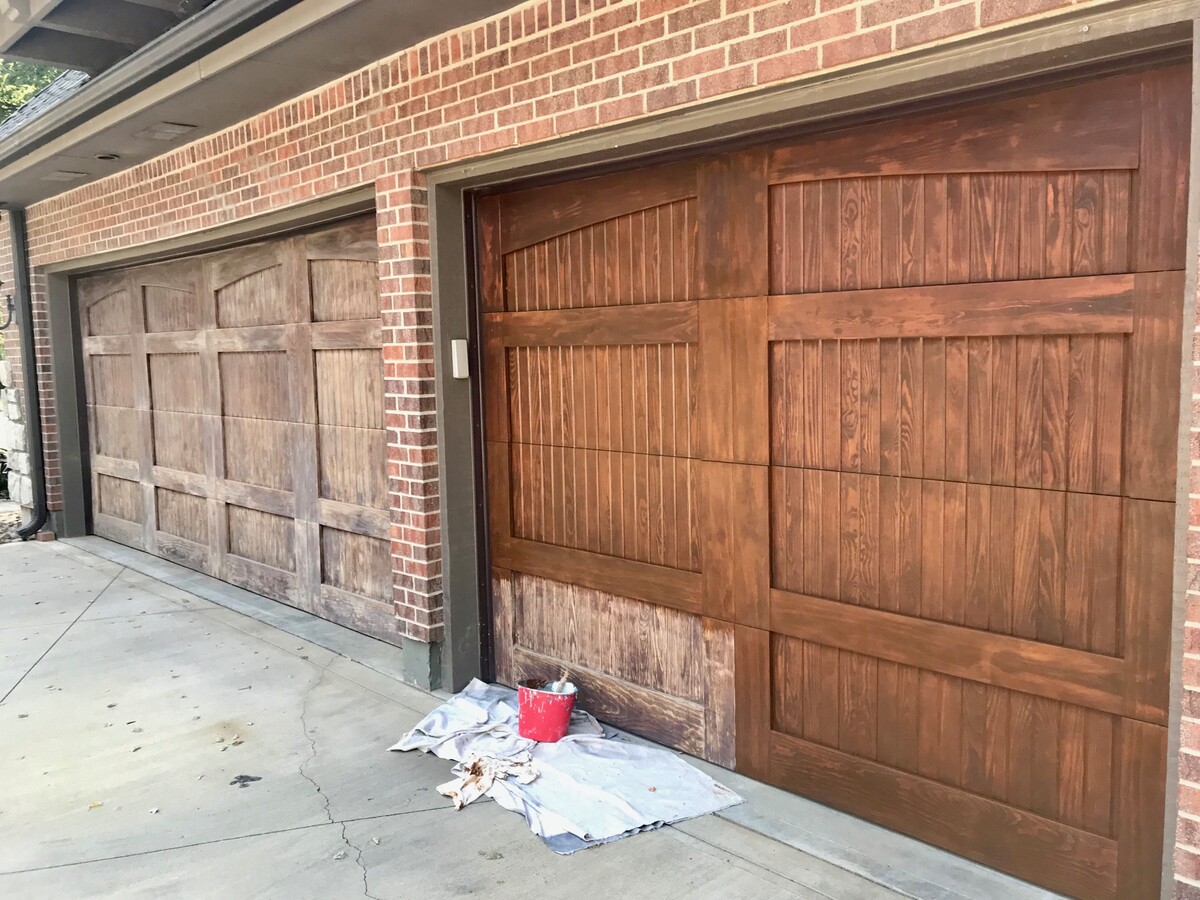

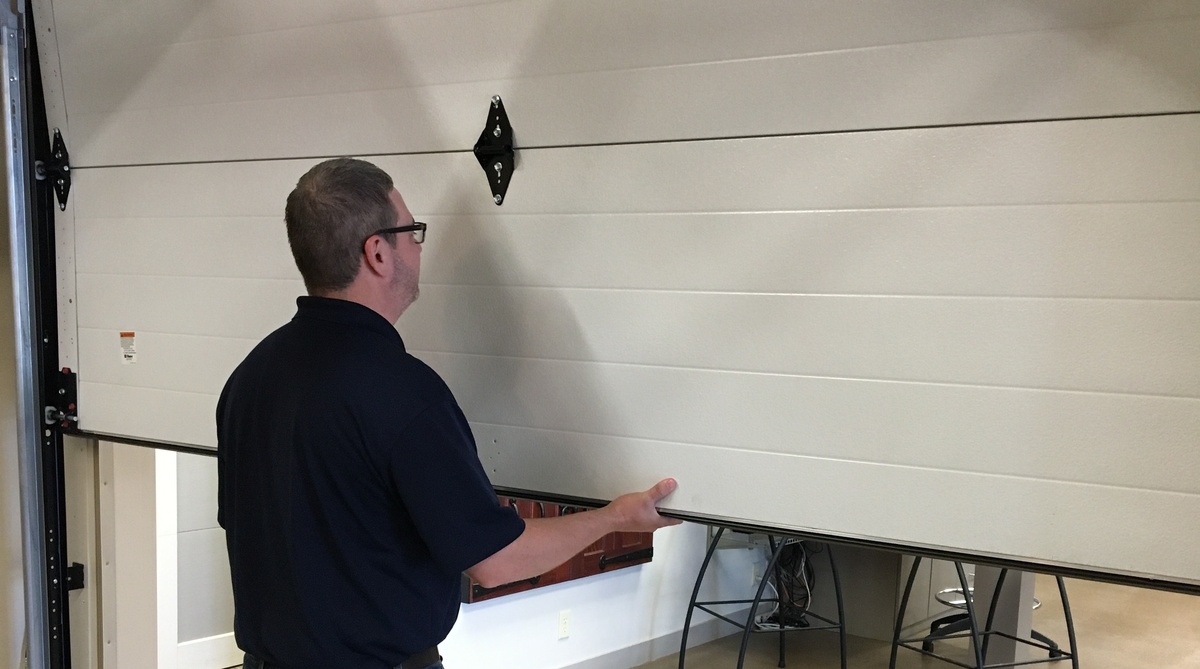
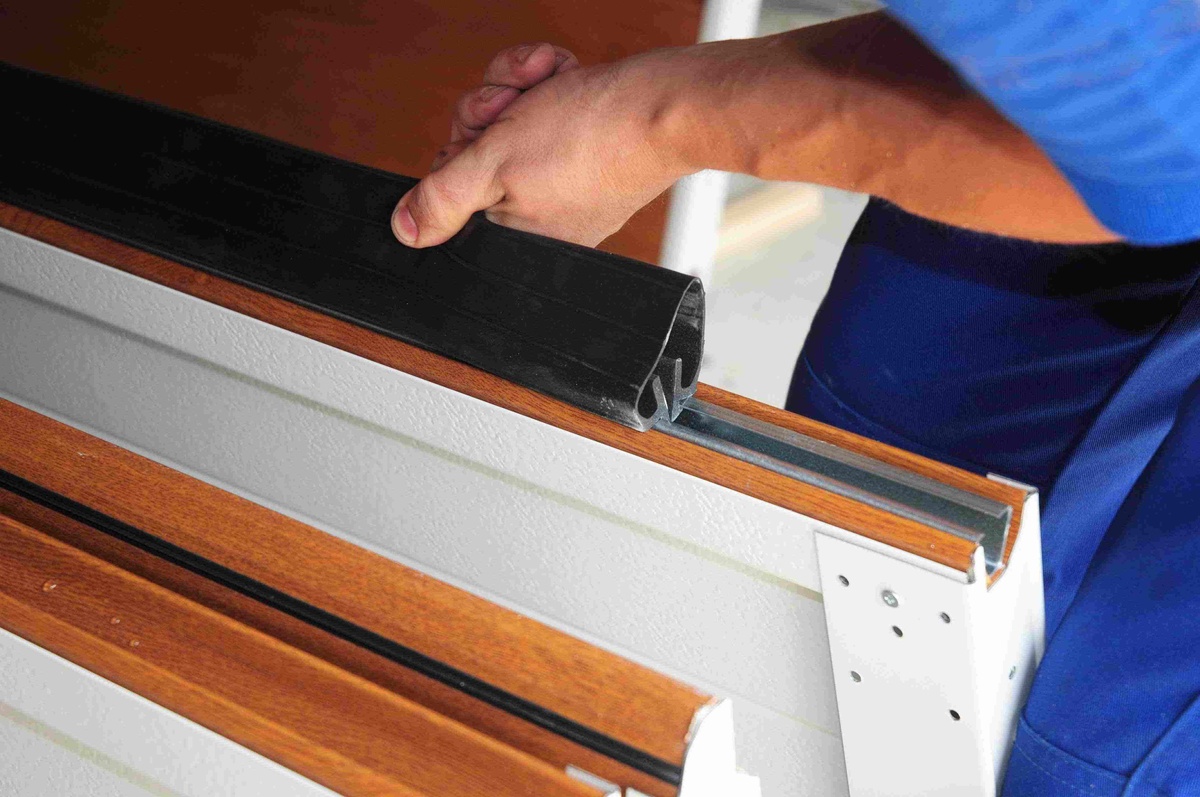
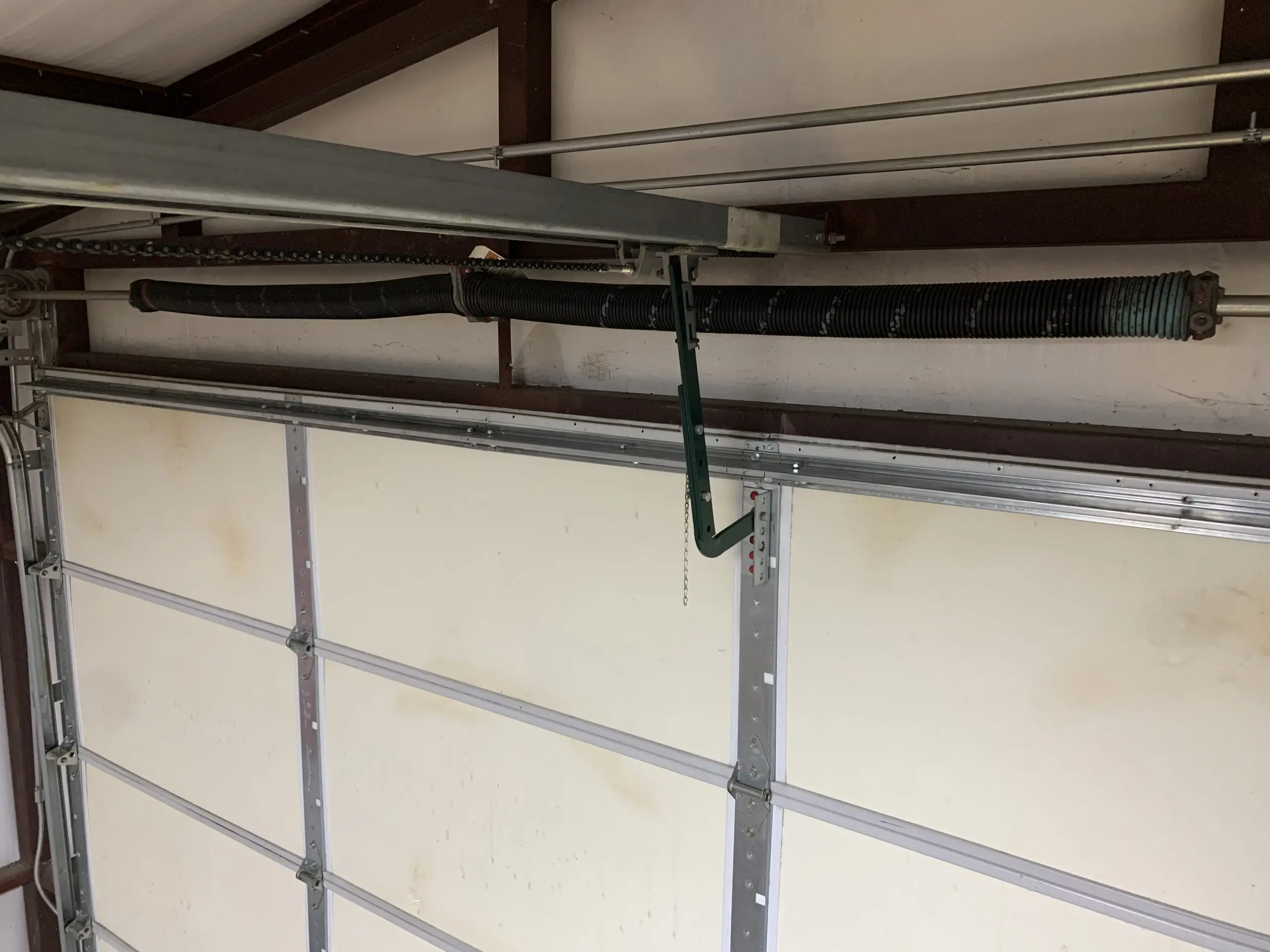

0 thoughts on “How To Clean A Garage Door”